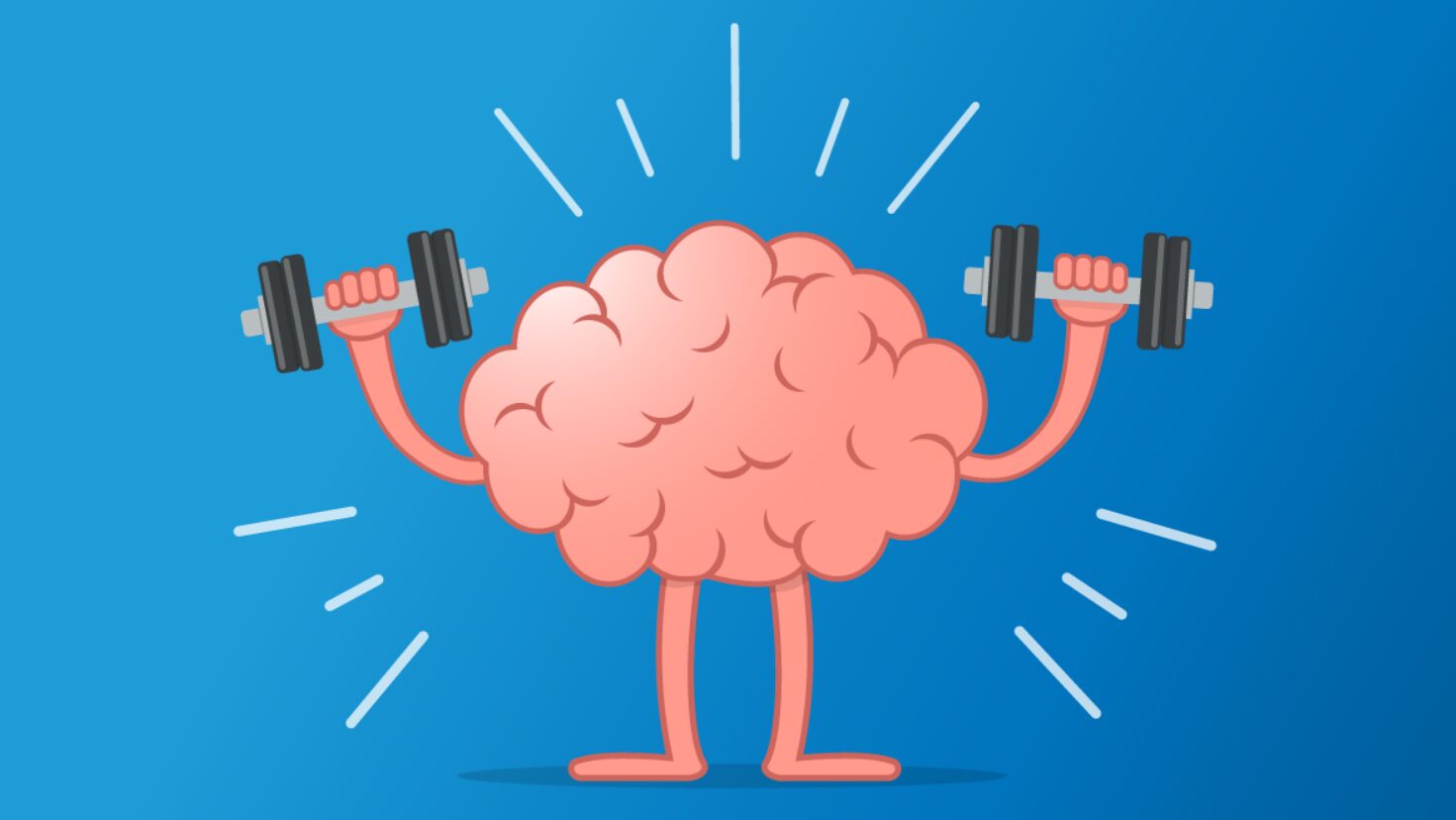Family health is about more than just treating illnesses; it’s about ensuring that every member of your family, from children to the elderly, thrives in a healthy environment. By focusing on wellness at every stage of life, you can prevent common health issues and create a foundation of well-being for years to come. This guide offers essential family health tips for children, pregnant women, and elderly family members.
1. Health Tips for Children
Caring for children requires special attention to ensure they grow and develop healthily. Here are some key tips for keeping your children healthy:
- Balanced Diet for Growth: Make sure your children eat a diet rich in fruits, vegetables, whole grains, and lean proteins to support healthy growth.
- Immunizations: Keep your child’s immunization schedule up to date to protect them from preventable diseases.
- Regular Physical Activity: Encourage at least 60 minutes of physical activity every day, whether it’s playing outside, riding a bike, or participating in sports.
- Routine Health Check-ups: Regular visits to the pediatrician help monitor your child’s development and detect any health issues early on.
2. Health Tips for Pregnant Women
Pregnancy is a unique time that requires specialized health care to ensure the well-being of both the mother and the baby. Here are some crucial tips:
- Prenatal Vitamins: Take a prenatal vitamin with folic acid to help prevent birth defects and support your baby’s development.
- Healthy Eating for Two: Focus on a balanced diet rich in essential nutrients like iron, calcium, and protein to support your baby’s growth.
- Stay Active: Engage in safe exercises such as walking, swimming, or prenatal yoga to help with circulation, mood, and overall well-being.
- Regular Prenatal Check-ups: These appointments are vital for tracking your baby’s growth and ensuring any potential issues are addressed early.
3. Health Tips for Elderly Family Members
As family members age, their health needs change. Here’s how to care for elderly loved ones to ensure they remain healthy and active:
- Regular Health Screenings: Encourage regular check-ups to monitor chronic conditions like high blood pressure, diabetes, and heart disease.
- Promote Mobility: Gentle exercises like walking, stretching, or swimming can help maintain mobility and reduce the risk of falls.
- Healthy Diet: Make sure their diet is rich in fiber, vitamins, and minerals to support bone health, digestive health, and immunity.
- Mental Health and Social Interaction: Encourage social activities and mental exercises, such as puzzles or reading, to keep their minds sharp and prevent feelings of isolation.
4. Building a Healthy Family Environment
Maintaining a healthy family goes beyond individual care. Creating a supportive and healthy environment is essential for everyone’s well-being:
- Foster Open Communication: Encourage open and honest conversations about health concerns and emotional well-being within the family.
- Create a Routine: Establish regular meal times, exercise routines, and relaxation practices to create a structured, healthy lifestyle.
- Set an Example: Lead by example by practicing healthy habits, such as eating well, exercising, and managing stress, so your family will follow suit.
- Preventive Care: Regularly schedule family check-ups to ensure that potential health issues are caught early and managed effectively.
Conclusion
Family health is about nurturing and supporting each member of the family, from the youngest to the oldest. By following these tips for children, pregnant women, and elderly family members, you can ensure that your entire family remains healthy and happy. Remember, good health starts with a proactive approach and a commitment to wellness.









Leave a Reply